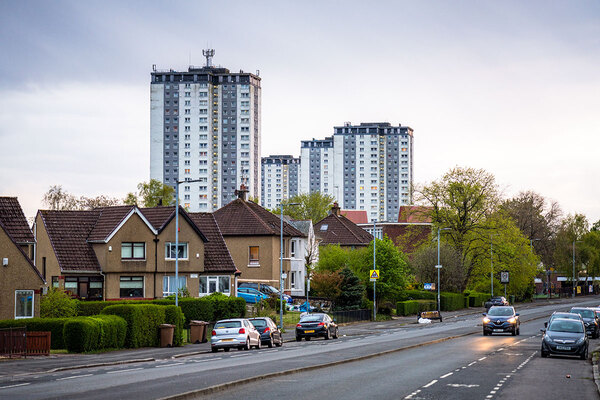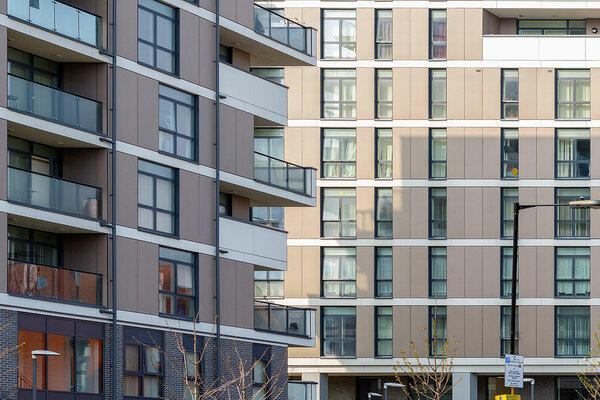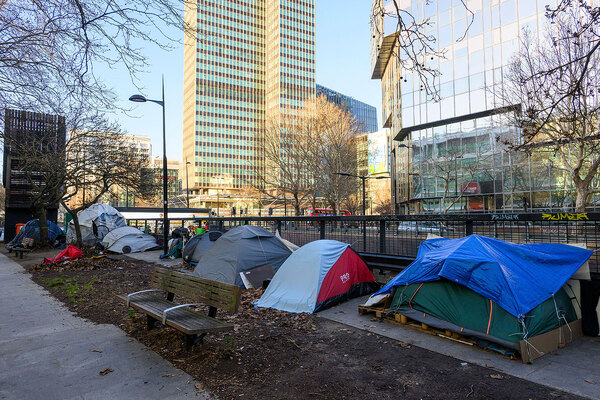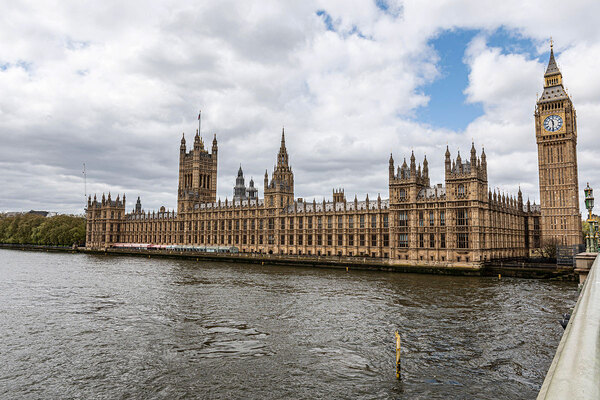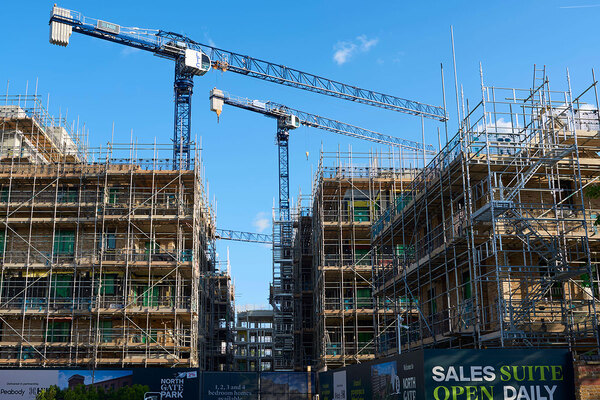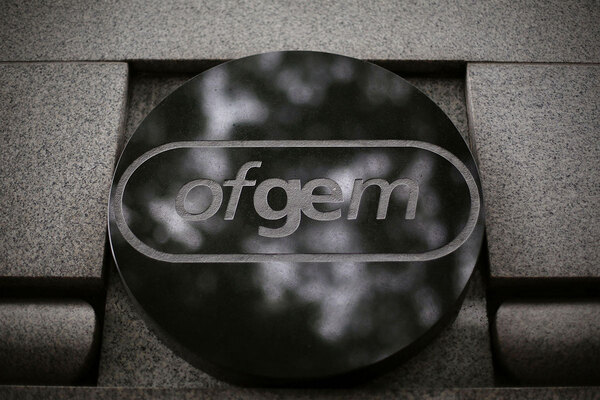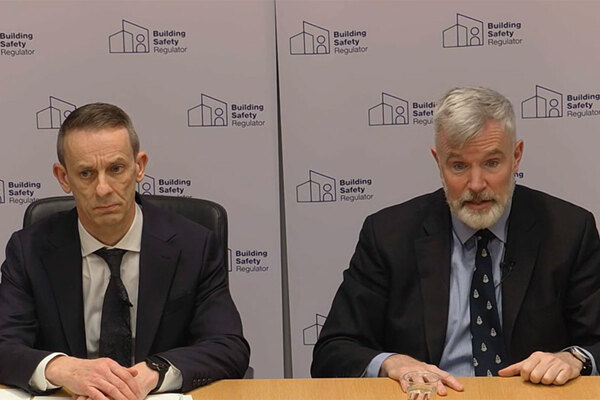You are viewing 1 of your 1 free articles
New leaseholder Building Safety Charge cannot be used for historical defects, government says
Building owners will not be able to charge leaseholders for historical defects through the new Building Safety Charge proposed by landmark legislation published today, the government has said.
The Building Safety Bill, which provides the legal framework for an entirely new regulatory system to manage high-risk residential buildings, has begun its passage through parliament.
It is intended to solve the systemic issues that led to the Grenfell Tower fire in June 2017 and will introduce a new Building Safety Regulator with tough sanctions for rule breakers.
The mammoth piece of legislation was published in draft form last July for pre-legislative scrutiny.
This draft version of the bill first put forward the idea of a Building Safety Charge for leaseholders, separate from the service charge, which the government argues will improve transparency.
To the dismay of leaseholder campaign groups, it included clauses which allowed building owners to charge for historical building safety costs – even for defects which pre-dated residents moving in.
A report published by the Housing, Communities and Local Government Committee on the draft bill warned it would be “unacceptable and an abdication of responsibility” to make leaseholders contribute towards remediating historical defects.
The committee recommended that the government “amend the bill to explicitly exclude historical costs from the building safety charge”.
In its response to the committee’s report, published alongside the legislative version of the bill today, the government said: “The government agrees with the recommendation to exclude historical costs from the Building Safety Charge.
“The Building Safety Charge will only cover the ongoing costs of the new regime. This will give leaseholders assurance, transparency, and protection in relation to ongoing building safety costs.
“We believe that by providing this transparency on these costs leaseholders will be able to hold their Accountable Person to account for providing safety to their building in the most effective and efficient way.”
An impact assessment said the total annual recurring cost of the new regulatory regime described by the Building Safety Bill will be £426.8m, with £283.7m of that falling on industry.
The government estimates that the average monthly cost of the Building Safety Charge will be £16 per leaseholder.
Also today, the government announced it will increase the amount of time during which residents can seek compensation for sub-standard construction work from six to 15 years through the Building Safety Bill.
The issue of leaseholders having to foot the bill for historical safety flaws in their buildings – particularly relating to dangerous cladding – has been a topic of intense debate over the past few years, with the government frequently criticised over its stance.
According to a timeline published today, the government expects the Building Safety Bill to gain royal assent in between nine and 12 months, with various measures within it planned to come into force between six and 18 months after that – up to January 2024.
Twelve thousand residential buildings are estimated to be in the scope of the bill, about half of which are owned by social landlords.
Sign up for our fire safety newsletter
Already have an account? Click here to manage your newsletters
Related stories

